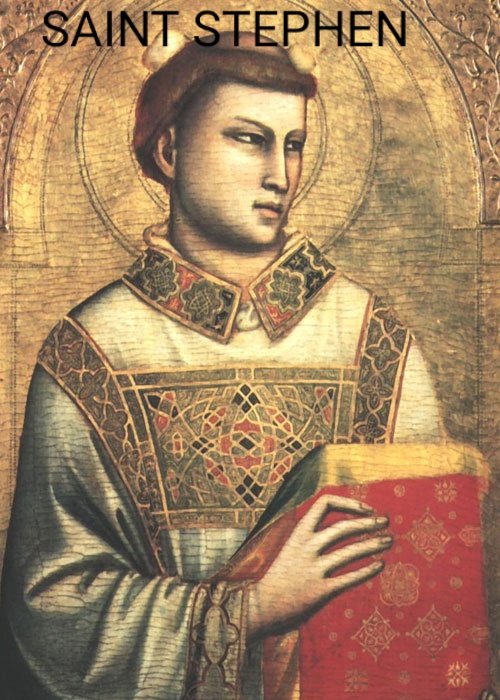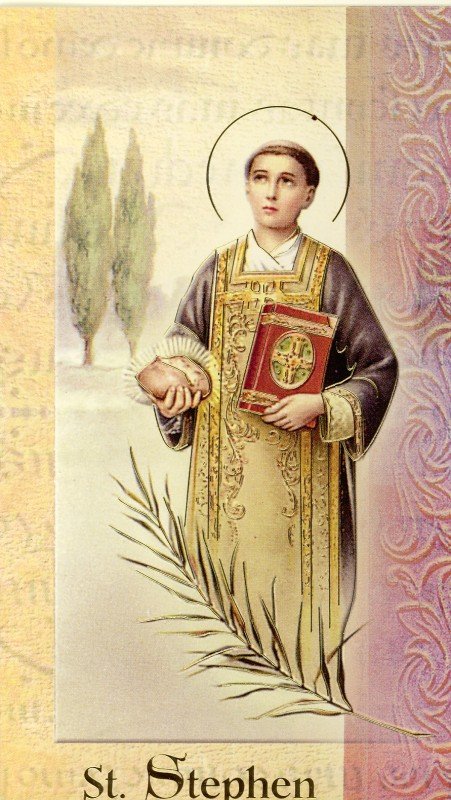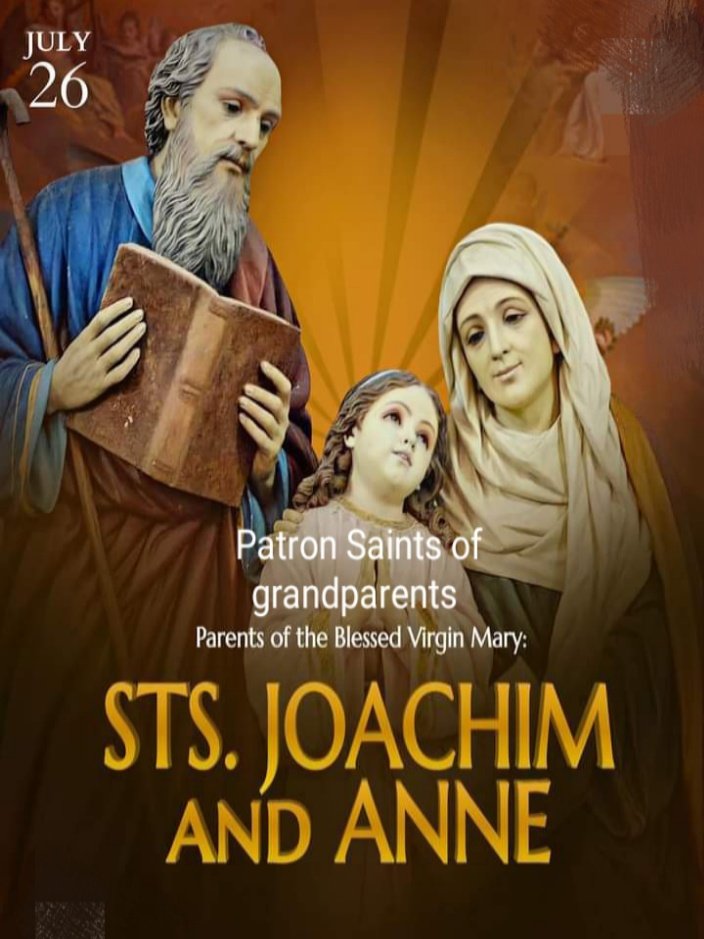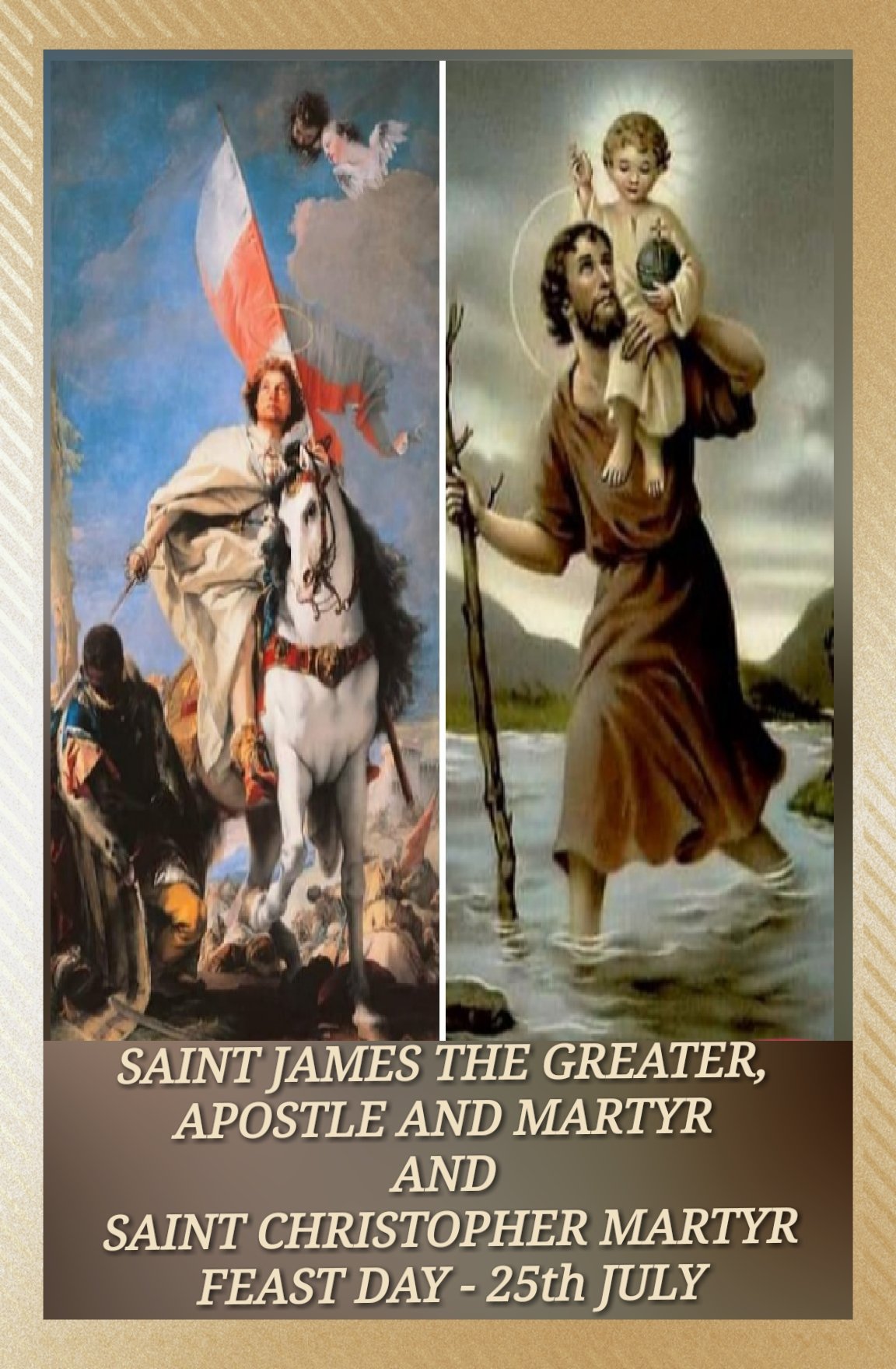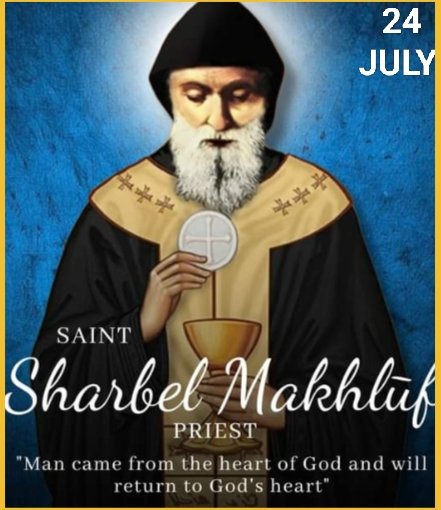
MONTHLY DEVOTIONAL FOR 25th DECEMBER
December 25, 2023
Proverbs 19:17
December 26, 2023FEAST OF SAINT STEPHEN, FIRST MARTYR.
FEAST DAY – 26th DECEMBER
Stephen, (c. 5 – c. 34 AD) traditionally venerated as the first martyr of Christianity, was, according to the Acts of the Apostles, a deacon in the early Church at Jerusalem who angered members of various synagogues by his teachings. Accused of blasphemy at his trial, he made a speech denouncing the Jewish authorities who were sitting in judgment on him and was then stoned to death. His martyrdom was witnessed and participated by Saul of Tarsus, also known as Paul, a Pharisee and Roman citizen who would later become a Christian apostle.
The only source for information about Stephen is the New Testament book of the Acts of the Apostles. Stephen is mentioned in Acts 6 as one of the Greek-speaking Hellenistic Jews selected to participate in a fairer distribution of welfare to Greek widows.
The Catholic, Anglican, Oriental Orthodox, Eastern Orthodox Churches, Lutheran and the Church of the East view Stephen as a saint. Artistic representations often show Stephen with a crown symbolising martyrdom, three stones, martyr’s palm frond, censer, and often holding a miniature church building. Stephen is often shown as a young, beardless man with a tonsure, wearing a deacon’s vestments.
Stephen is first mentioned in the Acts of the Apostles as one of seven deacons appointed by the Apostles to distribute food and charitable aid to poorer members of the community in the early church. According to Orthodox belief, he was the eldest and is therefore called “archdeacon”. As another deacon, Nicholas of Antioch, is specifically stated to have been a convert to Judaism, it may be assumed that Stephen was born Jewish, but nothing more is known about his previous life.
The reason for the appointment of the deacons is stated to have been dissatisfaction among Hellenistic (that is, Greek-influenced and Greek-speaking) Jews that their widows were being slighted in preference to Hebraic ones in the daily distribution of food. Since the name “Stephanos” is Greek, it has been assumed that he was one of these Hellenistic Jews. Stephen is stated to have been full of faith and the Holy Spirit and to have performed miracles among the people.[Acts 6:5, 8]
He performed his teachings and “signs and wonders” among synagogues of Hellenistic Jews, since it is said that he aroused the opposition of the “Synagogue of the Freedmen”, and “of the Cyrenians, and of the Alexandrians, and of them that were of Cilicia and Asia”. Members of these synagogues had challenged Stephen’s teachings, but Stephen had bested them in debate. Furious at this humiliation, they gave false testimony that Stephen had preached blasphemy against Moses and God.
They dragged him to appear before the Sanhedrin, the supreme legal court of Jewish elders, accusing him of preaching against the Temple and the Mosaic Law. Stephen is said to have been unperturbed, his face looking like “that of an angel”. Thus castigated, the crowd could contain their anger no longer. However, Stephen looked up and cried, “Look! I see heaven open and the Son of Man standing on the right hand of God!” He said that the recently executed Jesus was standing by the side of God.
The people from the crowd, who threw the first stones laid their coats down so as to be able to do this, at the feet of a young man named Saul, (later known as Paul the Apostle). Stephen prayed that the Lord would receive his spirit and his killers be forgiven, sank to his knees, and breathed his last. Saul approved of their killing him. In the aftermath of Stephen’s death, the remaining disciples fled.
The exact site of Stephen’s stoning is not mentioned in Acts; instead there are two different traditions. One, claimed by noted French archaeologists Louis-Hugues Vincent (1872–1960) and Félix-Marie Abel (1878–1953) to be ancient, places the event at Jerusalem’s northern gate, while another one, dated by Vincent and Abel to the Middle Ages and no earlier than the 12th century, locates it at the eastern gate. In Western Christianity, 26 December is called “Saint Stephen’s Day”, the “Feast of Stephen” mentioned in the English Christmas carol “Good King Wenceslas”.
It is a public holiday in many nations that are of historic Catholic, Anglican and Lutheran tradition. In Australia, New Zealand, Canada and the United Kingdom, the day is celebrated as “Boxing Day”. In the current norms for the liturgy of the Roman Catholic Church, the feast is celebrated at the Eucharist, but, for the Liturgy of the Hours, is restricted to the Hours during the day, with Evening Prayer being reserved to the celebration of the Octave of Christmas. Historically, Stephen is remembered in the Church of England with a Festival on 26 December.
PRAYER
We give you thanks,
O Lord of glory,
for the example of the first martyr, Saint Stephen,
who looked up to heaven and prayed
for his persecutors to Your Son Jesus Christ,
who stands at Your right hand,
where He lives and reigns with You and
the Holy Spirit, One God,
in glory everlasting. Amen
(Source: mycatholicprayers.com)
Saint Stephen, pray for us!
